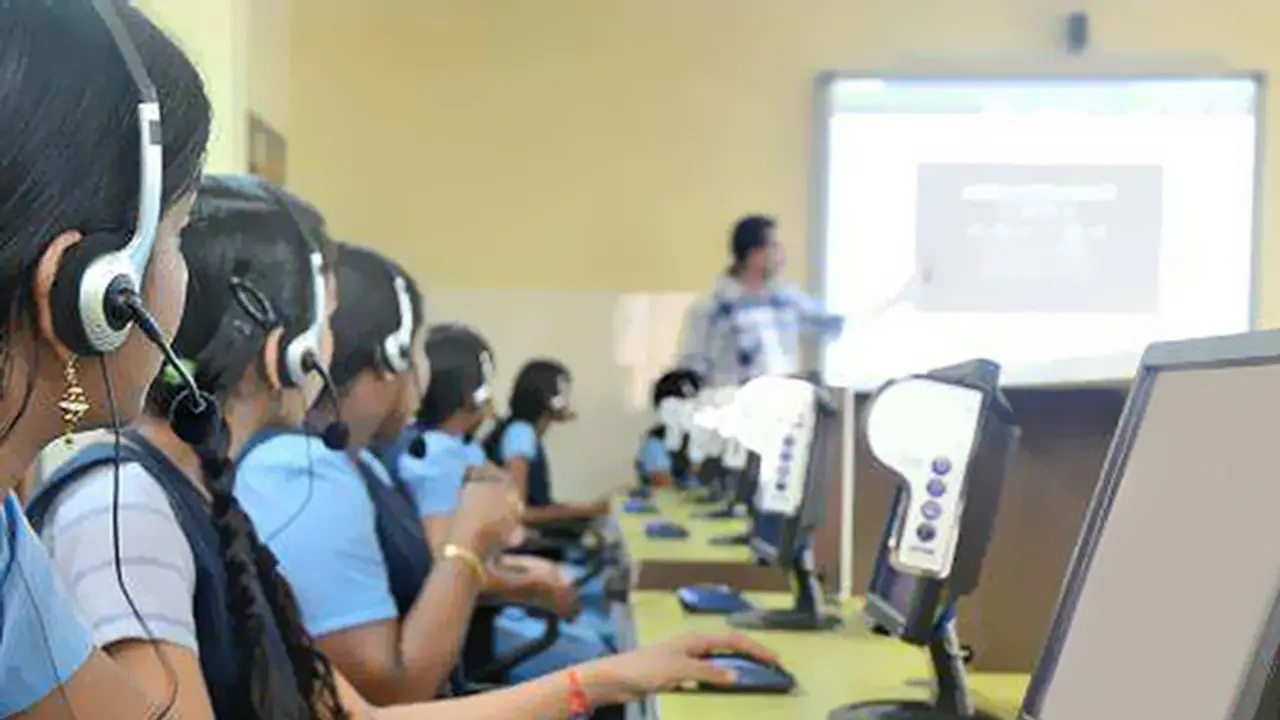Adolescents, who are the target group of this project, can safely ask, inquire and learn about things they were scared to ask their parents, doctors, or teachers The resource kit educates that one need not be ashamed of bodily changes that occur during teenage years The Saathiya kit also seeks to normalise/explain the attraction towards the same-sex and emphasises that when a girl says no it means no.

Under this programme, you have Peer Educators (Saathiyas) who act as a catalyst for generating demand for the adolescent health services and imparting age appropriate knowledge on key adolescent health issues to their peer groups. In order to equip the Saathiyas in doing so, the Health Ministry has launched the Saathiya Resource Kit (including ‘Mobile App).
The kit is being launched to enable the 1.6 lakh Peer Educators towards taking their job forward and answering all the queries in the minds of an adolescent in-spite of the plethora of media (Magazines, TV, internet etc.) available. The mobile app is also linked to another important piece of cost-effective information platform of a toll-free Saathiya Helpline (1800-233-1250) which will act as an e-counsellor. While the short films will be played by the Peer Educators at their group meetings, the activity book and games will bring about discussion and resolve adolescent queries.
It is a commendable move by the Indian Health ministry. What we have been harping on all this while that education needs to start at the very roots. Every time a tragic incident happens we blame the government, the parents, the victim and then finally the criminal. What if we inculcate the ideas of right and wrong and change the already rigid perceptions, wouldn’t India be a much safer place to be in?
This attempt with Peer educators seems like a promising one, only if the government goes ahead with this programme. Adolescents, who are the target group of this project, can safely ask, inquire and learn about things they were scared to ask their parents, doctors, or teachers.
According to a report in The Indian Express, a translation of the resource kit from hindi reveals that students will be educated on the problems faced by adolescents and that there is nothing to be ashamed of bodily changes that occur during teenage, the attraction towards the same-sex and that when a girl says no it means no.
The resource material prepared in partnership with the United Nations Population Fund also dispels gender stereotypes. It also seeks to get rid of the notion that boys don’t cry and are sissies or feminine if they do so and that girls who wear their hair short who prefer wearing boyish clothes are tomboys or manly.
Cutting across stereotypes like these is what will put an end to the mystification of the female human body, the bodily processes and slowly but steadily educate a growing generation how it is not okay to treat women as objects or use brute force on them.
Raising a positive generation is the need of the hour and that is what Asianet Newsable’s campaign also aims to do. The campaign seeks to positively empower women world over, with special focus on Bengaluru, to make it a city for women and delete the dubious tag of no city for women. Educating our men and women to take an informed decision and stop pandering to stereotypes is what Pinkaluru aims at.
